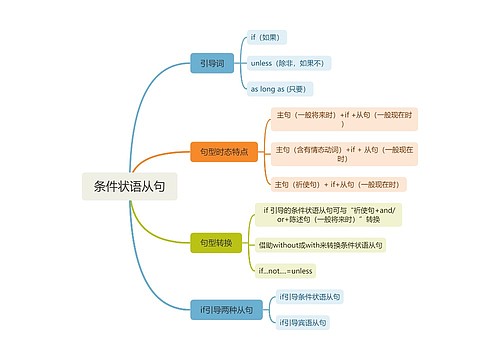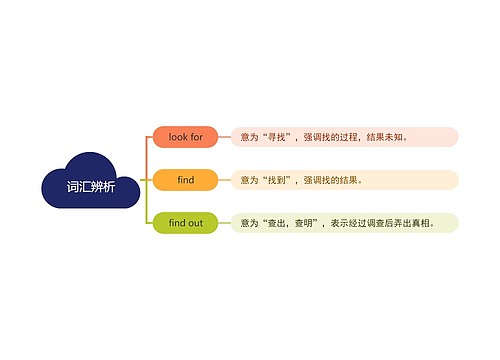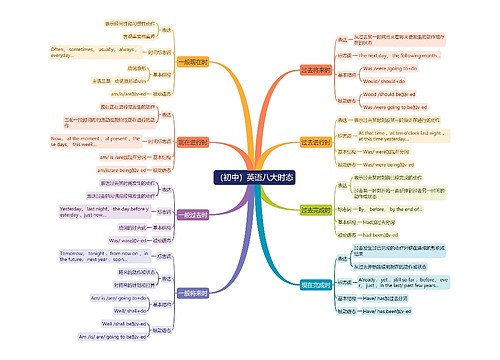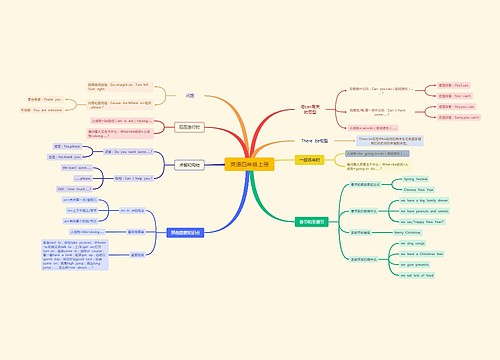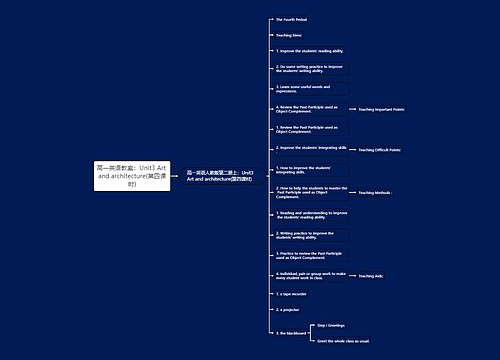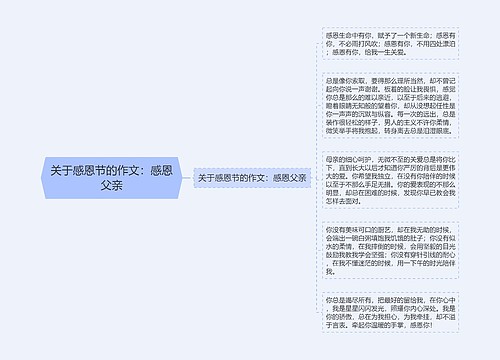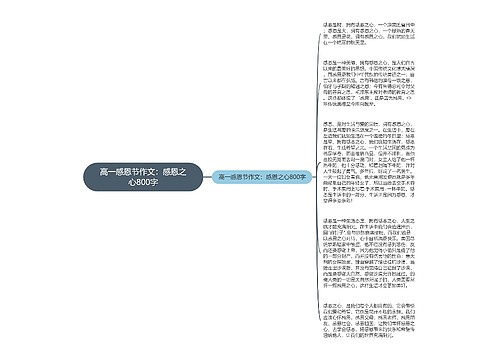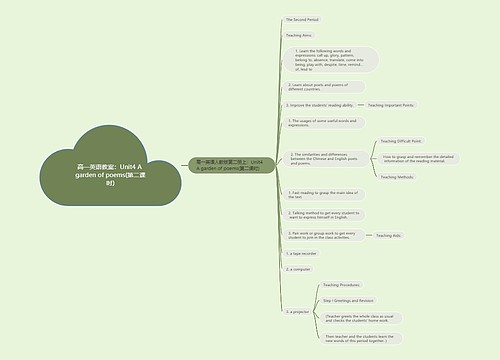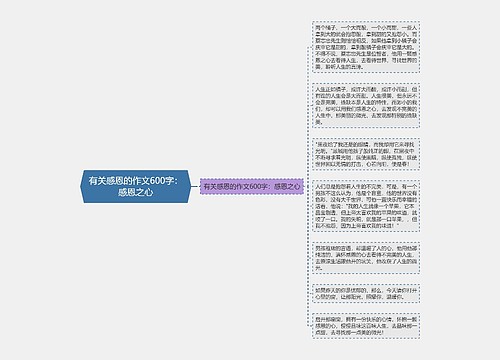In 1747, some booksellers asked Johnson to compile a dictionary of the English language. It took him eight years to finish this enormous work, and in 1755 his"Dictionary" was published. Some of the definitions in the dictionary are often quoted to illustrate johnson’s personality or prejudice, as"Oats, n. a grain, which in England is generally given to horses, but in Scotland supports the people". But the dictionary as a whole was a great work of scholarship. Johnson's purpose was to make a dictionary "by means of which the pronunciation of our language (i.e. English)may be fixed, and its attainment facilitated; by which its purity may be preserved, its use ascertained and its duration lengthened". Though the dictionary has long been displaced by later ones, it marked an epoch in the study and development of the English language.
His "Dictionary" also marked the end of English writers' reliance on the patronage of noblemen for support. In 1747, Johnson had addressed his plan for the dictionary to Lord Chesterfield, a distinguished "patron of literature". During the seven long years of Johnson's labouring on the dictionary, Lord Chesterfield had offered neither aid nor encouragement to the poor lexicographer. But on the eve of the publication of the work, the nobleman wrote two papers for "The World", a periodical of the day, praising the dictionary and expecting that Johnson would now dedicate the work to him. Johnson thought that "all was false and hollow", scorned the honeyed words, and wrote a letter to Lord Chesterfield, saying:
"When I had once addressed your Lordship in public, I had exhausted all the art of pleasing which a retired and uncouthly scholar can possess… Is not a Patron, my Lord, one who looks with unconcern on a man struggling for life in the water, and, when he has reached ground, encumbers him with help? The notice, which you have been pleased to take of my labour, had it been earlier, had been kind; but it has been delayed until I am indifferent, and cannot enjoy it; till I am solitary, and cannot impart it; till I am known and do not court it. "
This letter is the writers' declaration of independence, signifying the opening of a new era in the development of literature.

 U882124307
U882124307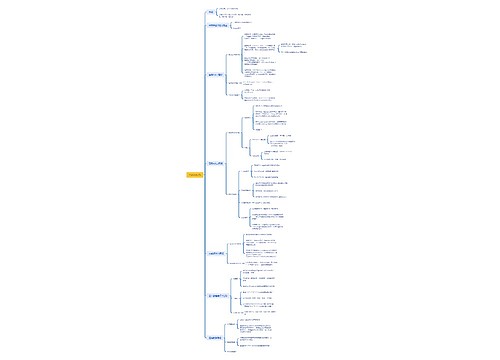
 U880271396
U880271396

